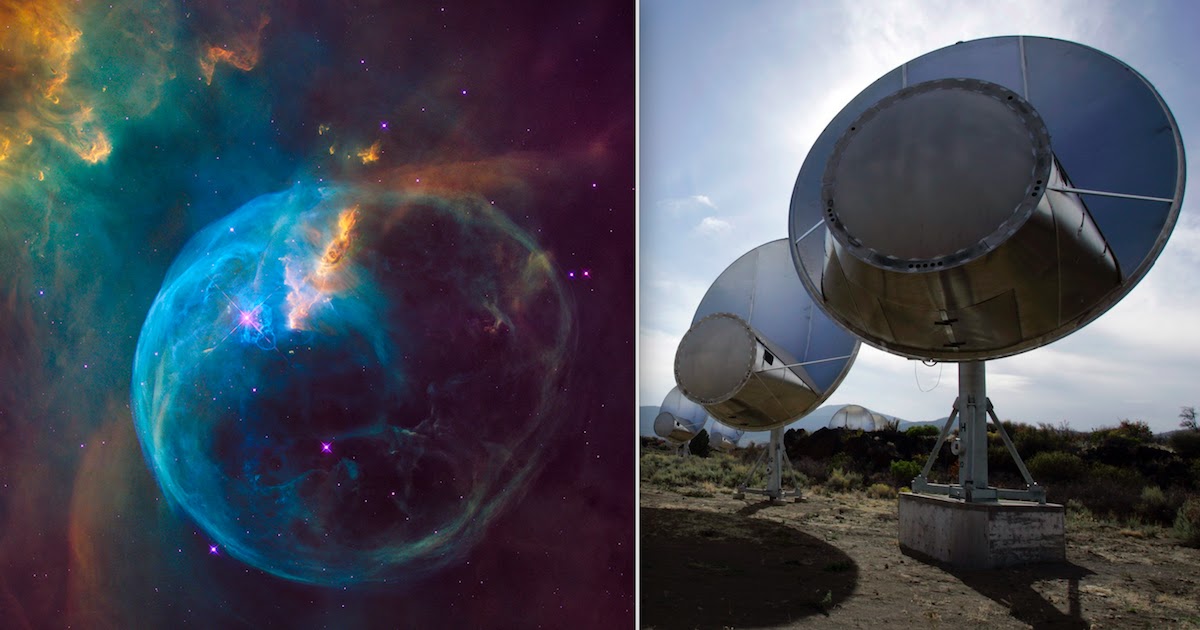
James Green, one of NASA's chief scientists, has published a commentary on Nature arguing that we have to put in place a framework where evidence of extraterrestrial life will be reported.
His research team states in the publication:
"Our generation could realistically be the one to discover evidence of life beyond Earth. With this privileged potential comes responsibility."
The researchers point out that detecting extraterrestrial life will involve a continuous process of investigation and scientific progress and will not provide a straight yes-or-no answer.
They explain:
"History includes many claims of life detection that later proved incorrect or ambiguous when considered in exclusively binary terms. If, instead, we recast the search for life as a progressive endeavor, we convey the value of observations that are contextual or suggestive but not definitive and emphasize that false starts and dead ends are an expected part of a healthy scientific process."
The qualitative assessment that measures new discoveries is so complex that requires the use of a progressive scale similar to NASA's technology readiness level (TRL) scale. TRL is used to record the progress of spaceflight devices from the point of their conception to the point of their actual mission implementation. In order to detect life, NASA may use a 'confidence of life detection' (CoLD) scale, whereby the lowest scale levels identify potential biosignatures and higher scale levels indicate the specific attributes of the object.
The use of such sophisticated scales will allow placing all candidate biosignatures in a standardised context, assisting scientists in interpreting their findings.
The researchers conclude:
"Establishing best practices for communicating about life detection can serve to set reasonable expectations on the early stages of a hugely challenging endeavor, attach value to incremental steps along the path, and build public trust by making clear that false starts and dead ends are an expected and potentially productive part of the scientific process. Whatever the outcome of the dialogue, what matters is that it occurs… In doing so, we can only become more effective at communicating the results of our work, and the wonder associated with it."
[Based on reporting by: science alert]













COMMENTS